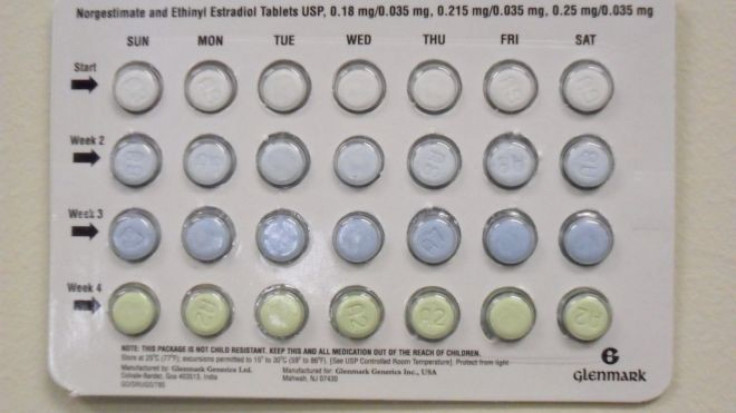Guess What? Contraception Use Leads To Fewer Abortions

The Center for Disease Control and Prevention's latest report on pregnancy statistics demonstrates that, despite recent political efforts to demean or discourage contraception use, both pregnancy and abortion rates among U.S. women have dropped as they delayed the decision to have children and used more effective birth control.
The findings in the report mirror similar studies that also found decreases in pregnancies and abortion among teenagers, primarily due to improved contraceptive use. The latest report, drawing data from the National Center for Health Statistics, found there was a 40 percent drop in teen pregnancies between 1990 and 2008, declining continuously aside from a brief spike in 2005. That happened to be the year the Bush administration directed states to develop abstinence-only sexual education plans in order to receive federal grants from the Department of Health and Human Services.
For women in their prime childbearing years -- their early 20s -- pregnancies fell nearly 18 percent, falling to 163 per 1,000 women for the 20 to 24 age group. By comparison, in 1990 that demographic had a pregnancy rate of 198.5 per 1,000.
Pregnancies for women between the ages of 25 and 29 fell by a considerably smaller 6 percent during the same period. Meanwhile, there was a slight uptick in pregnancies for women in their 30s and 40s, the report found, indicating a trend with women who may be putting off motherhood until later in life.
Stephanie Ventura, one of the authors of the report, told Reuters a reduction of pregnancy rates is demonstrative of the fact that increased exposure to comprehensive sexual education has a direct effect on women's reproductive choices.
If the pregnancy rates are down, including both births and abortion rates, that would show more efforts to prevent unwanted pregnancies, Ventura said.
Among women in their early 20s, abortion rates fell from 56.6 per 1,000 in 1990 to 38.4 per 1,000 in 2008 -- that's a 32 percent drop. Another report released by the Guttmacher Institute in February determined abortion among teens was 42 percent lower in 2008 compared to 1990. In 2008, teen pregnancies reached their lowest level in nearly 40 years, something the organization also said was driven by improved use of contraception.
© Copyright IBTimes 2024. All rights reserved.











